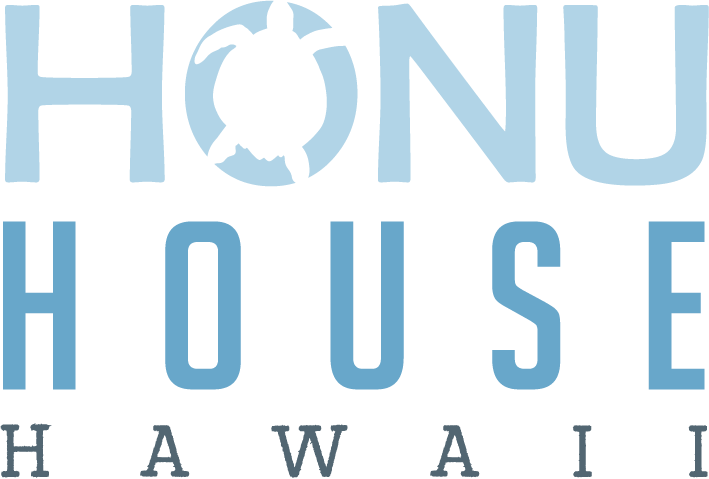
The Four Phases: Recovering From And Thriving After Alcoholism
-
By John Burke
-
April 24, 2022
If you’re suffering from alcohol addiction in Hawaii, you aren’t alone. It is never too late to start your journey into freedom, and seeking help is always an option. Entering treatment can feel difficult, but arming yourself with some information about the path will help empower you to walk forward with more confidence. Let’s learn a little bit more about the recovery process.
The National Institute on Drug Abuse recognizes four distinct stages of recovery when entering a treatment program.
The four stages of treatment are:
-
Treatment initiation
-
Early abstinence
-
Maintaining abstinence
-
Advanced recovery
Let’s take a look at each one in more detail.
Stage 1: Treatment Initiation
The journey begins! Once someone has determined that they may in fact have a problem with alcohol, they will hopefully start to search for help. Internet searches, asking friends, or maybe inquiring at work can lead a person to touch base with a treatment program. Once contact is made with a professional in the recovery field, and even before fully committing to a program, the treatment professional can start the process of initiation by assisting the individual in several ways. Because it is common for an addict to vacillate between believing they have a serious problem and thinking “ maybe it’s not that big of a deal”, a recovery professional will begin by shining a light on the true severity of their illness. Oftentimes this involves a line of questioning that shows how harmful the abuse has been, underlines the denial that is likely present, and works towards finding the motivation and strength to commit to recovery. Once this part of the process has begun, other parts of initiation will include getting to know more about the program, taking an in depth personal history, and developing a personal treatment plan suited to the individual’s needs.
Stage 2: Early Abstinence
Once you commit to continuing your treatment, you will enter the second phase of alcohol recovery: early abstinence. This may be the most challenging stage you face. This is because of several factors, including:
-
Withdrawal symptoms
-
Physical cravings
-
Psychological dependence
-
Triggers that could cause a relapse
As listed above, the main challenge would be the cravings and withdrawals that you may feel while abstaining. There’s also the social pressure to drink and other situations that could trigger you to drink again. However, your counselor will also teach you the coping skills you need to deal with these obstacles during this step. These tools will be invaluable to you as you try to navigate a sober lifestyle. By having a program to help you, a community to support you, and medical professionals to monitor to you during this phase, you greatly increase your chance of success, while simultaneously making the process less painful, scary, or difficult.
Stage 3: Maintaining Abstinence
After about 90 days of continuous abstinence, you will move into the third stage of the alcohol recovery steps: maintaining abstinence. During this rehab stage the focus is on maintaining abstinence by avoiding a relapse. Here, you will learn the warning signs of a relapse and the steps leading up to it. You will also be using the things you learned during the previous stage. Some of the coping skills and tools you will learn:
-
How to avoid substituting addictions
-
Building healthy relationships
-
Developing a drug-free lifestyle
-
Learning employment and money management skills
-
Anger management
-
Utilizing exercise and nutrition
-
Everyday mindfulness
This stage will begin about three months into your rehab treatment and will last until you reach five years of sobriety.
Stage 4: Advanced recovery
After about five years of abstinence, you reach the last step, advanced recovery. At this point, you will take all the skills and tools you learned from rehab counseling to live a fulfilling life alcohol-free.
During this time, you will be using strategies that will help you reach that fulfillment, which includes:
-
Creating long-term goals
-
Establishing a consistent daily schedule
-
Forming social relationships with non-drinkers
-
Partaking in recreational activities that don’t involve alcohol
-
Finding ways to reach beyond oneself to seek happiness and fulfillment
**It is important to note that while these stages have approximate lengths of time attached to them, they are approximate. They were created to help monitor the progress of individuals within the recovery field, but the amount of time that each person spends learning a new skill, or when they start implementing techniques for success, is just that: individual. There is nothing stopping a person from setting goals, achieving a successful career, or achieving their dreams in a shorter amount of time. One thing to keep in mind: sometimes recovering individuals are guided to take a slower pace so as to not become too overwhelmed too quickly.
Walk Through These Steps With Honu House Hawaii
Are you ready to turn your life around? Anxious to take that first step? Don’t worry because we at Honu House Hawaii wholeheartedly understand that fear, and we want to help. Our friendly rehab professionals will be with you every step of the way until you reach your goals. Talk to us today.
